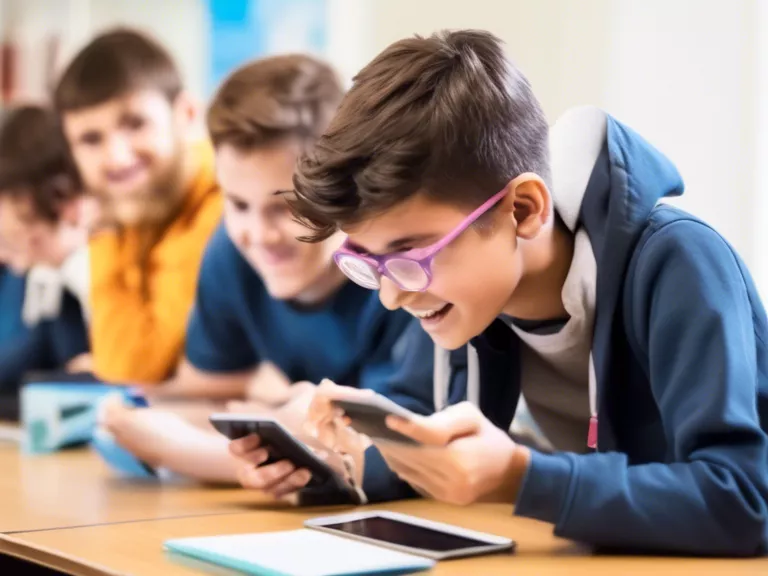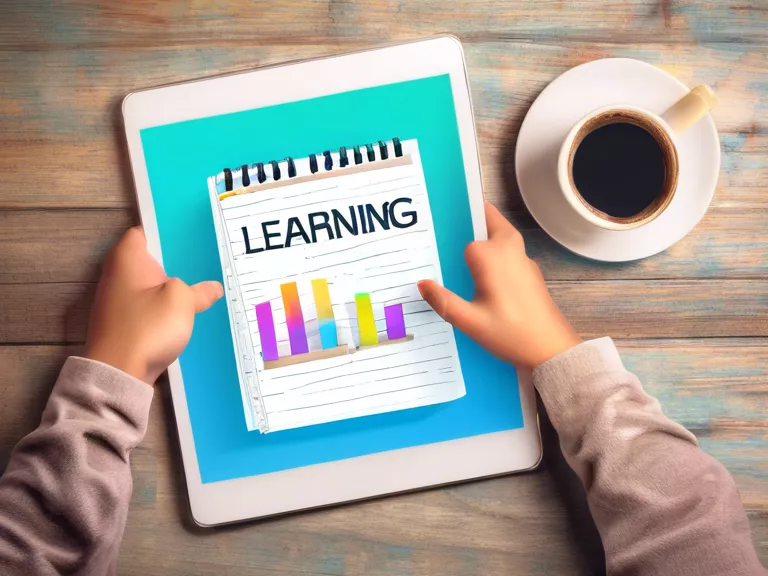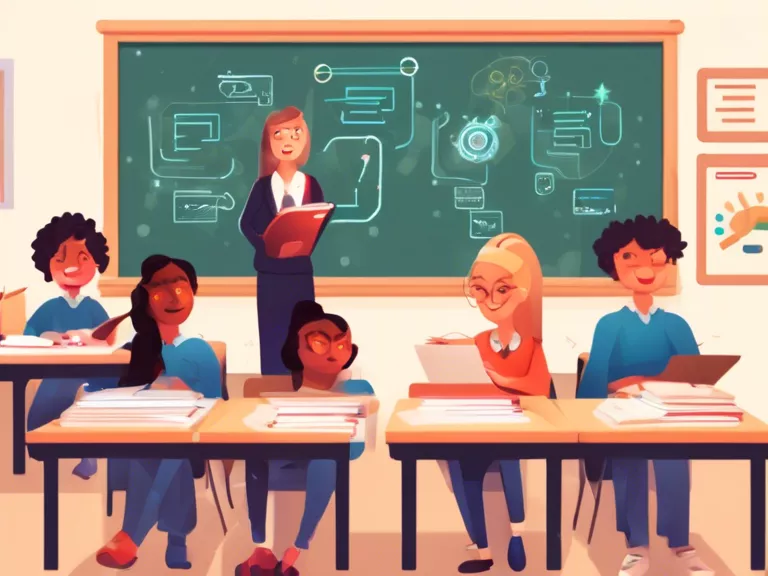
The Impact of Gamified Learning on Student Motivation and Retention
In recent years, gamified learning has gained popularity as an innovative approach to education that increases student motivation and improves knowledge retention. Gamification involves incorporating game elements such as points, badges, leaderboards, and challenges into traditional learning activities. This can make learning more engaging and enjoyable for students, ultimately leading to better learning outcomes.
One of the key benefits of gamified learning is its ability to increase student motivation. By adding elements of competition, achievement, and rewards, students are more likely to stay motivated and engaged in their studies. This can lead to a greater willingness to learn, improved attention and focus, and a higher level of participation in classroom activities. Additionally, gamified learning can help students develop a growth mindset, where they see challenges as opportunities for growth and improvement rather than obstacles to be avoided.
Another important advantage of gamified learning is its impact on knowledge retention. By presenting information in a fun and interactive way, students are more likely to remember and recall what they have learned. Games can help reinforce concepts through repetition, practice, and feedback, leading to better long-term retention of information. This can be especially beneficial for subjects that require memorization or complex problem-solving skills.
Overall, gamified learning has the potential to revolutionize education by making learning more engaging, interactive, and effective. By tapping into students' natural inclination towards play and competition, educators can create a dynamic and motivating learning environment that fosters curiosity, creativity, and critical thinking skills.



